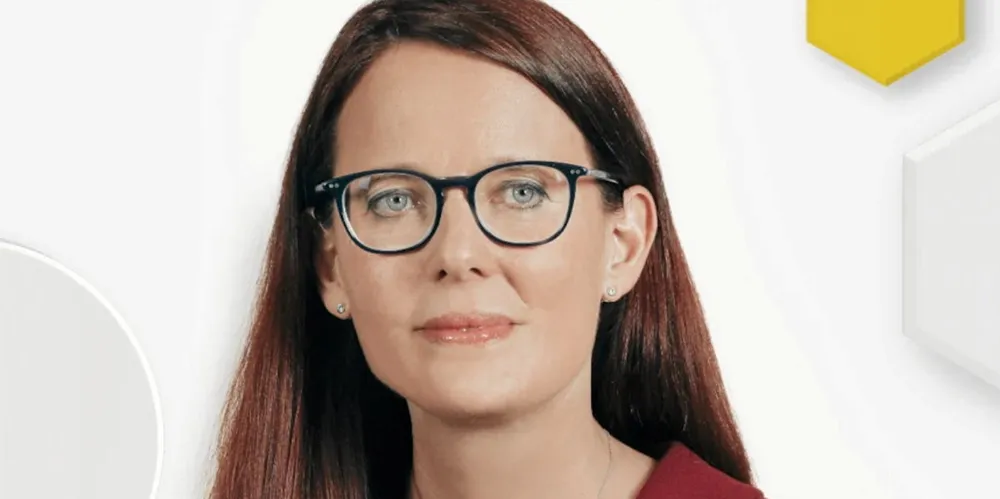'Multitude of issues': Shell finance chief Gorman spells out offshore wind challenge
Oil giant's CFO predicts players in the sector will be 'checking terms and conditions' and says much to do for adequate returns

Oil giant's CFO predicts players in the sector will be 'checking terms and conditions' and says much to do for adequate returns
